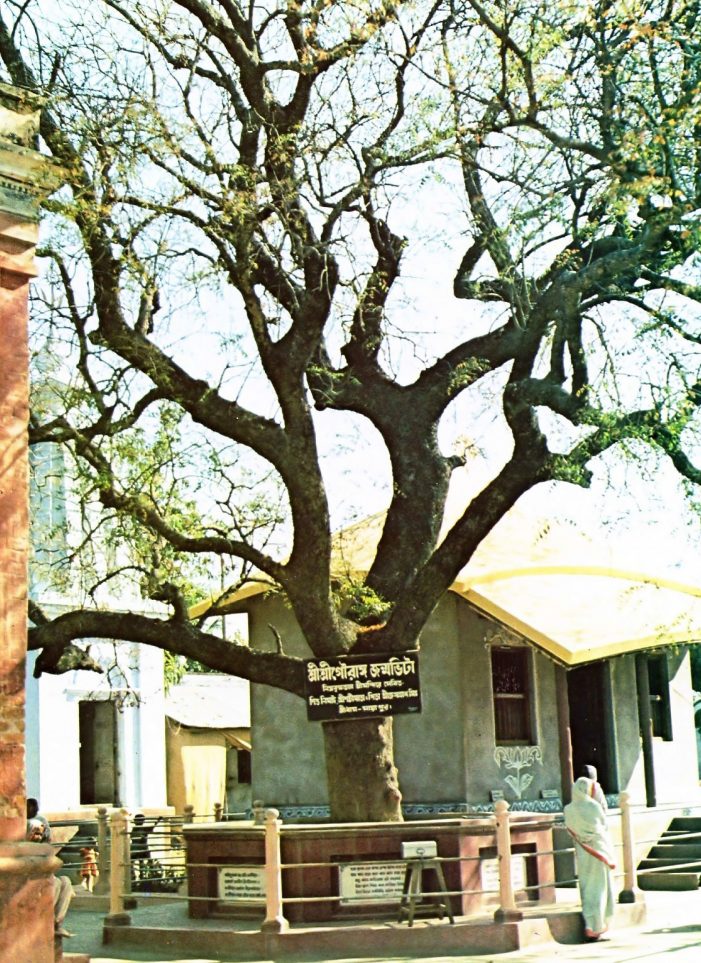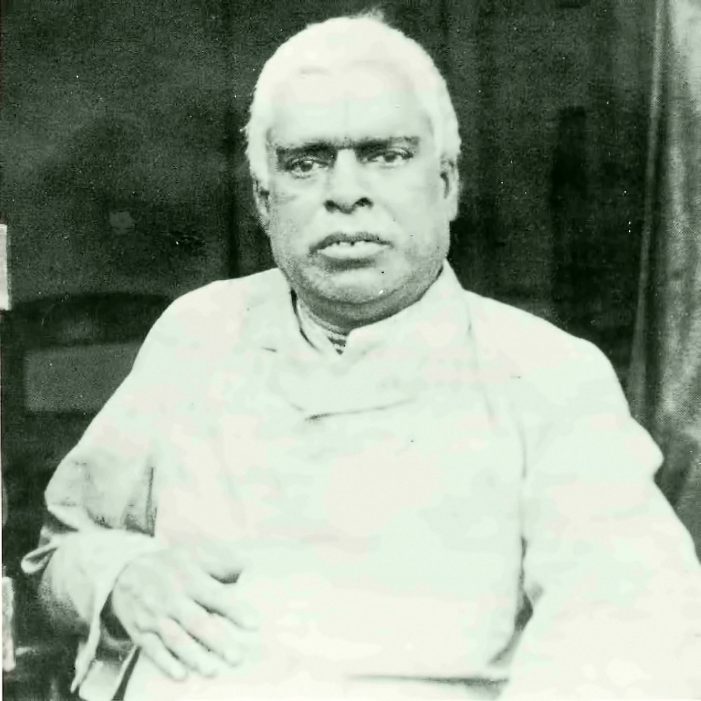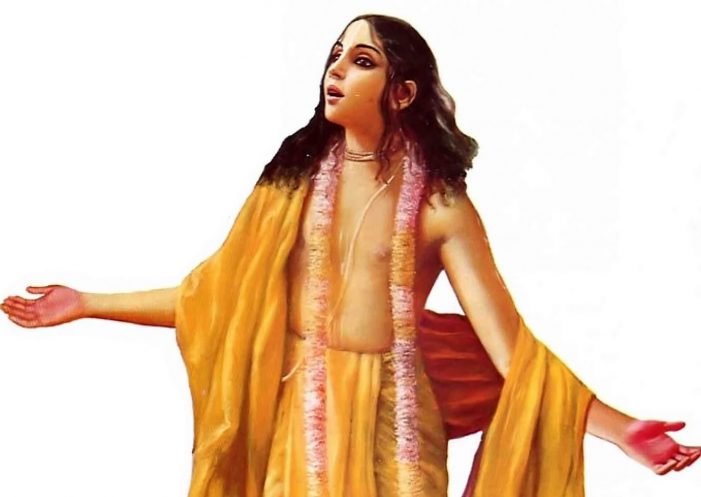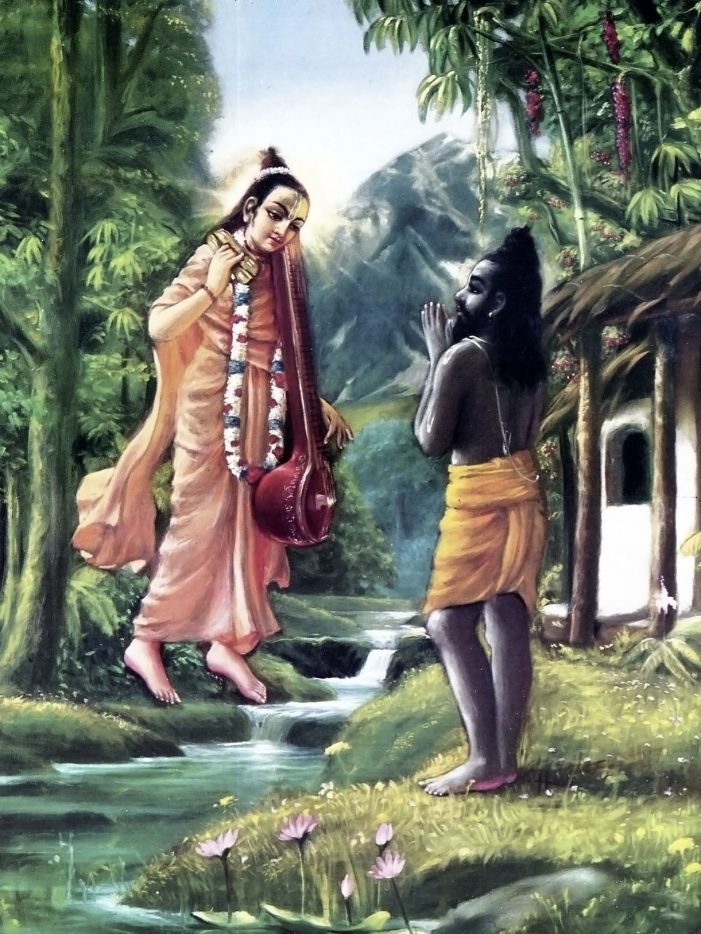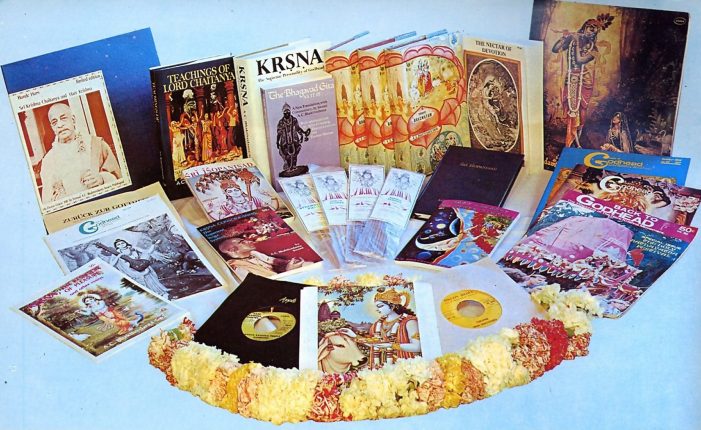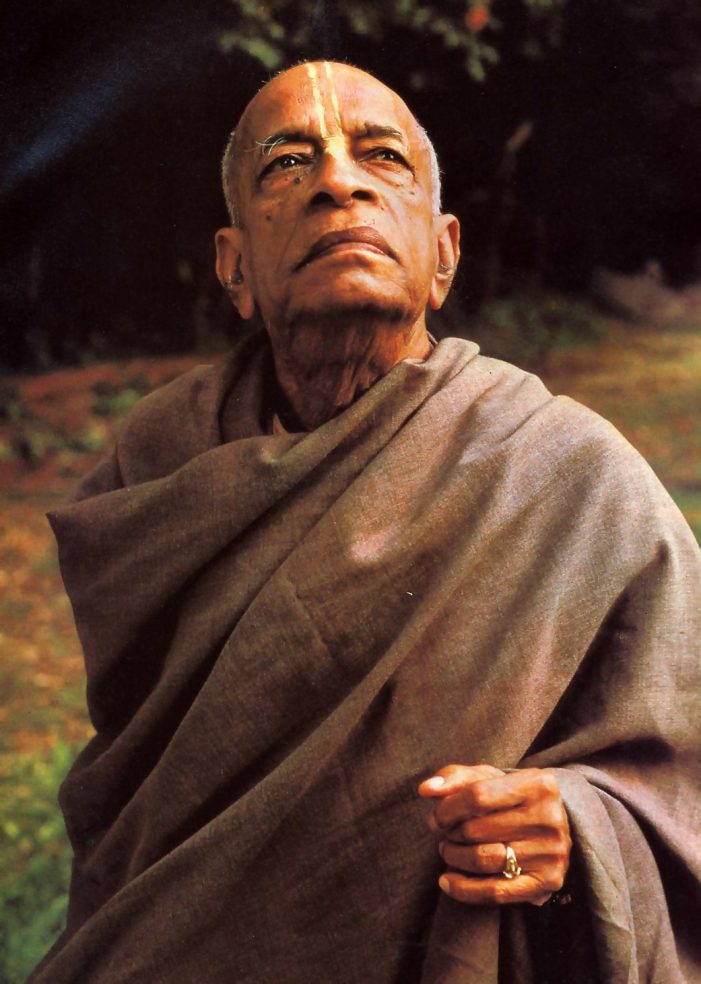How the Hare Krishna Movement Came to Africa
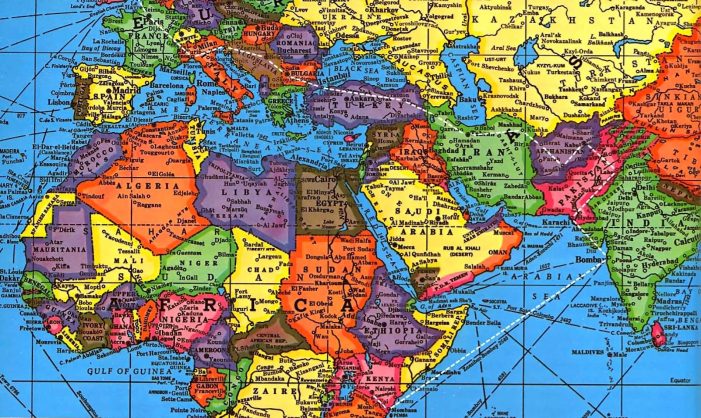
The story of how the Hare Krishna movement came to Africa starts in 1971 in the United States when I received a letter from my spiritual master, Srila Prabhupada, instructing me to go immediately to West Pakistan for preaching work.


